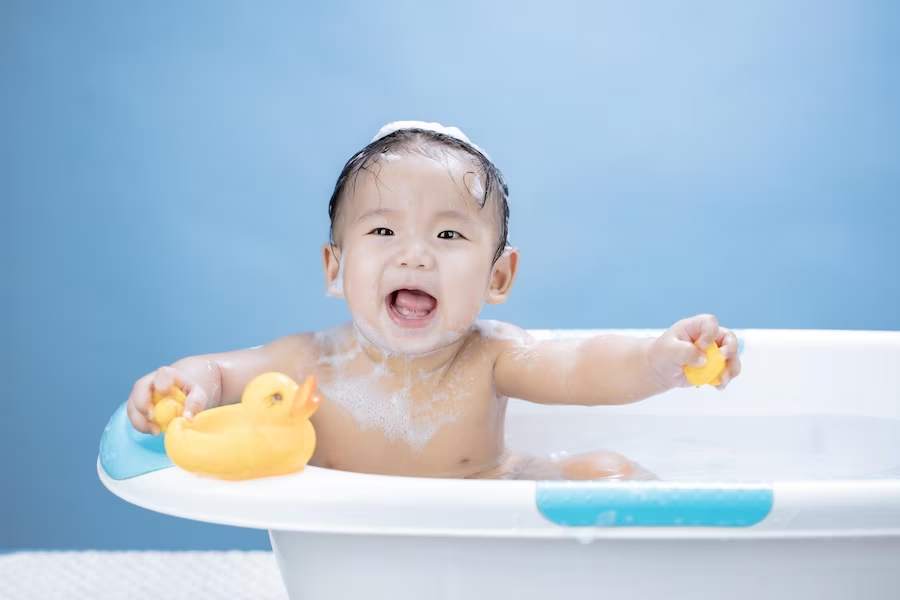Crime and juvenile delinquency are serious problems that affect communities worldwide.
Children and teenagers who commit crimes often face stigma and negative perceptions from society, including their own families.
In this article, we will explore the impact of crime, parental stigma, and juvenile self-perception.
When a child or teenager commits a crime, it can lead to a range of negative perceptions and attitudes from the community and even family members.
The child may be labeled as a “bad kid” or “troublemaker,” and their actions may be seen as a reflection of poor parenting or family dysfunction.
This can lead to a sense of shame and stigma, which can affect the child’s self-perception and future behavior.
Parental stigma can also play a role in how a child perceives themselves.
Parents who are stigmatized due to their child’s behavior may experience feelings of guilt and shame, which can lead to a negative impact on their mental health and ability to parent effectively.
This can create a cycle of negative perceptions and behavior, where the child’s actions are seen as a reflection of their parents’ shortcomings.
Juvenile self-perception is also affected by the criminal justice system.
Being arrested, detained, or incarcerated can have a significant impact on a child’s sense of self-worth and future prospects.
The experience can lead to a sense of hopelessness, powerlessness, and low self-esteem.
Additionally, the stigma associated with being labeled as a “criminal” or “delinquent” can be challenging to overcome.
Despite the challenges, there are ways to break the cycle of negative perceptions and behavior.
Effective parenting strategies, such as positive reinforcement and consistent discipline,
can help children and teenagers develop a strong sense of self-worth and make positive choices.
Providing access to support and counseling can also help individuals who have been affected by stigma and negative perceptions.
In conclusion,
the impact of crime, parental stigma, and juvenile self-perception is a complex issue that affects individuals and communities worldwide.
Understanding the role of stigma and perceptions can help parents and communities provide support to those affected by juvenile delinquency.
With effective parenting strategies and support systems, individuals can
overcome the negative effects of stigma and develop a positive sense of self-worth and future prospects.






